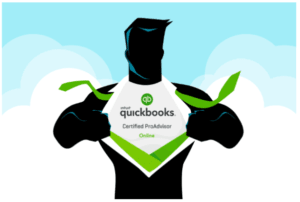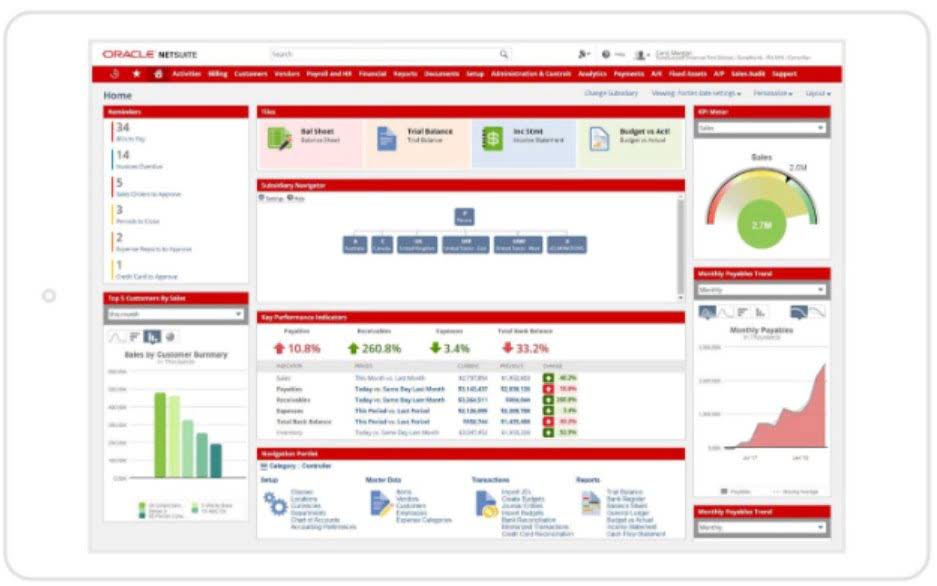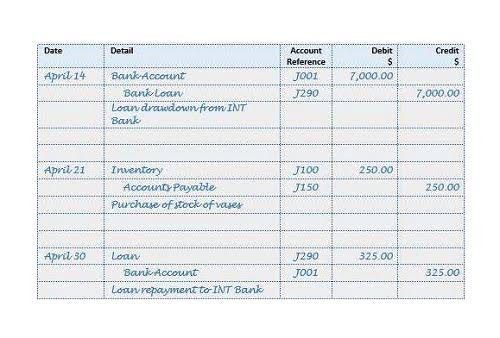
Finance automation refers to the use of technology to complete processes that historically have been done manually. It allows for areas with time-consuming, repetitive tasks, such as accounts payable, accounts receivable, and payroll administration, to be automated with little to no need for human intervention. Companies embrace finance automation because it helps lower labor costs and can reduce errors due to manual data entry and calculations. It can also speed up processes, such as the financial close, by automating income summary steps like account reconciliation. Using finance automation to get accurate data into the hands of business leaders sooner can help them to make better decisions around budgets, investments, hiring, cash management, and more.
Human Capital Management
- One of the most significant ways AI can help is by automating the tedious and time-consuming tasks that currently consume a large portion of CPAs’ time.
- Automating invoicing and billing ensures invoices are generated and sent on time, reducing the risk of delayed payments.
- As it matured, RPA process automation for accounting expanded its capabilities.
- This transformation not only streamlined their operations but also provided their growing customer base with a faster, more convenient payment experience.
- The procure-to-pay process is one of the more manually intensive processes for both accounting and procurement teams.
Some platforms may be advanced and even feature AI but fail regarding integration. Define your automation goals, such as reducing processing times or minimizing data entry errors. These goals will guide you in choosing the right tools and tracking the effectiveness of your automation. Common areas that benefit from automation include invoicing, data entry, accounts payable, and payroll. Subsequently, investing time in training staff members to effectively utilize the automation tool is paramount to create a smooth transition and optimal utilization of the technology. And finally, the journey towards successful automation entails continuous monitoring of the processes and a commitment to ongoing improvement to refine and optimize the automated finance function.

How CFOs are using AI and automation in expense management
- Automating key accounting processes—including invoicing, engagement letters, collections, and reporting—frees up time, reduces manual work, and strengthens financial health.
- By reducing costs, increasing accuracy, and fulfilling business processes in less time, finance and accounting departments are able to radically transform how they conduct their day-to-day responsibilities.
- Monitor metrics like cost savings, error reduction, and process efficiency to assess the success of your implementation.
- One of the most exciting advances in accounting software is the ability to automate a number of accounting processes that once relied entirely on a human being.
- Opt for automation tools that integrate with your existing systems and offer robust security features.
A well-executed implementation of accounting workflow software can eliminate inefficiencies, reduce manual errors, and improve financial accuracy. Firms risk low adoption rates, workflow disruptions, and wasted resources without accounting automation a structured approach. Designed specifically for accountants, CPA firms, and accounting professionals, Karbon provides a comprehensive workflow automation system that streamlines operations and eliminates inefficiencies. Unlike generic project management tools, Karbon deeply integrates email, client management, and automation into a single platform, reducing reliance on multiple disconnected systems. For small businesses, setup can take a few hours to a couple of days, as most cloud-based solutions come with pre-built templates and intuitive onboarding.

Payroll accounting

From expense tracking to payroll, automation keeps things running smoothly while reducing errors and compliance risks. And with real-time insights, finance teams can make smarter decisions without getting buried in spreadsheets. RPA can be used to automate the processing of invoices and vendor payments. Many modern banks, such as Quantic in bookkeeping for cleaning business the U.S., actively use RPA tools for processing invoices.
Jetpack Workflow: Best for simple workflow management
- We’ll likely see advanced customer support bots and tools that understand how to enforce proper regulatory compliance.
- It processed cases based on priority by filling up 80% of templates while identifying differences for agent input.
- Automating these processes can streamline finance operations, improve accuracy, and enhance operational efficiency.
- Accounts payable, like accounts receivable, is a key repetitive function of accounting teams.
- To provide well-structured representation of financial data and financial performance patterns for facilitated insights on financial risks and opportunities.
- To avoid the sabotage of RPA in finance and accounting, you should outline the new tasks for the workers and show they’re needed and valued.
- If you generate reports or analyze invoices fast, your banking specialists would require several minutes to answer the client’s requests instead of multiple hours or even days.
Over time, these tools learn from the data they ingest – increasing the accuracy of expense data. Besides, when your financial records are accurately and speedily reconciled, your financial reports are also generated well in time. This keeps you prepared for auditing and streamlines the month-end closing process. By automating data entry in this way, you can replace low-value workload with more cognitively challenging work. It can also speed up the error detection and review process, ensuring the accounting system functions like a well-oiled machine.
- All the while, your team saves time, the business saves money, and everyone gains from more accurately completed work.
- This means forecasts become increasingly accurate over time as the system learns from each new data point and outcome.
- We practice real project management, achieving project success for our clients no matter what.
- Finance automation technology can handle these manual activities at a faster speed with fewer errors, allowing the finance team to focus on creating value and driving strategy for the organization.
- Finance automation uses technology to handle routine tasks with little or no human effort.
- With streamlined workflows and reduced errors, RPA is an indispensable asset to finance teams looking to embrace the future of automation.
